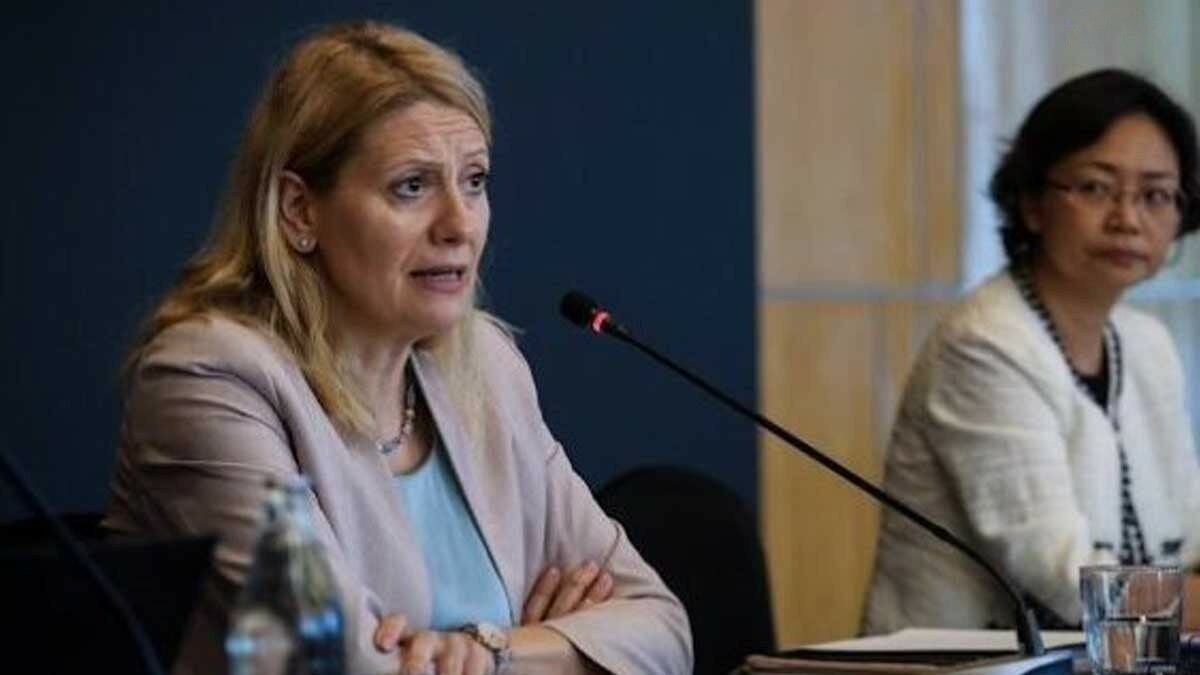UN urges Thailand to decriminalise sex work for healthcare access

The United Nations (UN) has recommended that Thailand should decriminalise sex work to ensure equal access to healthcare services and integrate victim support. This announcement was made during a press conference at the Renaissance Bangkok Ratchaprasong Hotel, where the Working Group on Discrimination Against Women and Girls discussed the state of women’s and girls’ rights in Thailand. This marks the UN’s first visit to Thailand following an invitation from the government.
Heina Lou and Ivana Krstic, representatives of the working group, assessed the progress and challenges in achieving gender equality and eliminating discrimination during their visit. Their discussions covered various aspects of the lives of women and girls, particularly those facing intersecting forms of discrimination. Meetings were held in Bangkok, Mae Sot, Chiang Mai, and Hat Yai, indicating a broad geographical engagement.
The report highlighted that Thailand is at a pivotal moment to become a regional exemplar for gender equality. The UN praised advancements in women’s and girls’ rights, noting improvements in legal and institutional frameworks, especially in education, healthcare, and employment. However, concerns remain about significant policy enforcement gaps that impede achieving equality. The UN suggested that national mechanisms for women’s issues should receive financial and personnel support, with gender-sensitive budgeting being a constitutional commitment.
Krstic pointed out that technology contributes to sexual violence through cyberbullying and the harmful dissemination of personal information.
“We see technology as a part of the issue, leading to cyberbullying and harmful data exposure. It’s a challenge for the government to prevent harassment and exploitation of women.”
The recommendation to decriminalise sex work stems from a desire for fair healthcare access and victim integration. Despite this, practical obstacles such as inadequate staffing at support centres hinder equal access to essential services, reported KhaoSod.
The UN’s call for decriminalisation is intended to remove barriers for sex workers in accessing health services without fear of legal repercussions. This approach would also necessitate a holistic support system for victims, promoting equal service access. The move aligns with global shifts towards recognising sex work as legitimate and prioritising workers’ rights and well-being.
What Other Media Are Saying
- New York Times reports on Gerd Heidemann’s death, highlighting his role in the infamous fake Hitler diaries scandal, which ultimately tarnished his career despite initial acclaim for the discovery. (read more)
Frequently Asked Questions
Here are some common questions asked about this news.
Why is decriminalising sex work crucial for healthcare access in Thailand?
Decriminalisation removes legal barriers, allowing sex workers to access healthcare without fear, ensuring equitable treatment and integration into vital support systems.
How could Thailand become a regional leader in gender equality?
By implementing UN recommendations, enhancing policy enforcement, and supporting gender-sensitive initiatives, Thailand could model effective gender equality strategies.
What role does technology play in the context of gender discrimination in Thailand?
Technology can both empower and exploit, necessitating government action to prevent cyberbullying and protect women from digital harassment.
What challenges might arise in decriminalising sex work in Thailand?
Challenges include addressing staffing inadequacies at support centres and ensuring comprehensive legal and social frameworks for protection and equality.
What if Thailand successfully implements the UN’s recommendations on gender equality?
Successful implementation could lead to improved lives for women and girls, setting a precedent for regional and global gender equality efforts.
Latest Thailand News
Follow The Thaiger on Google News:


























